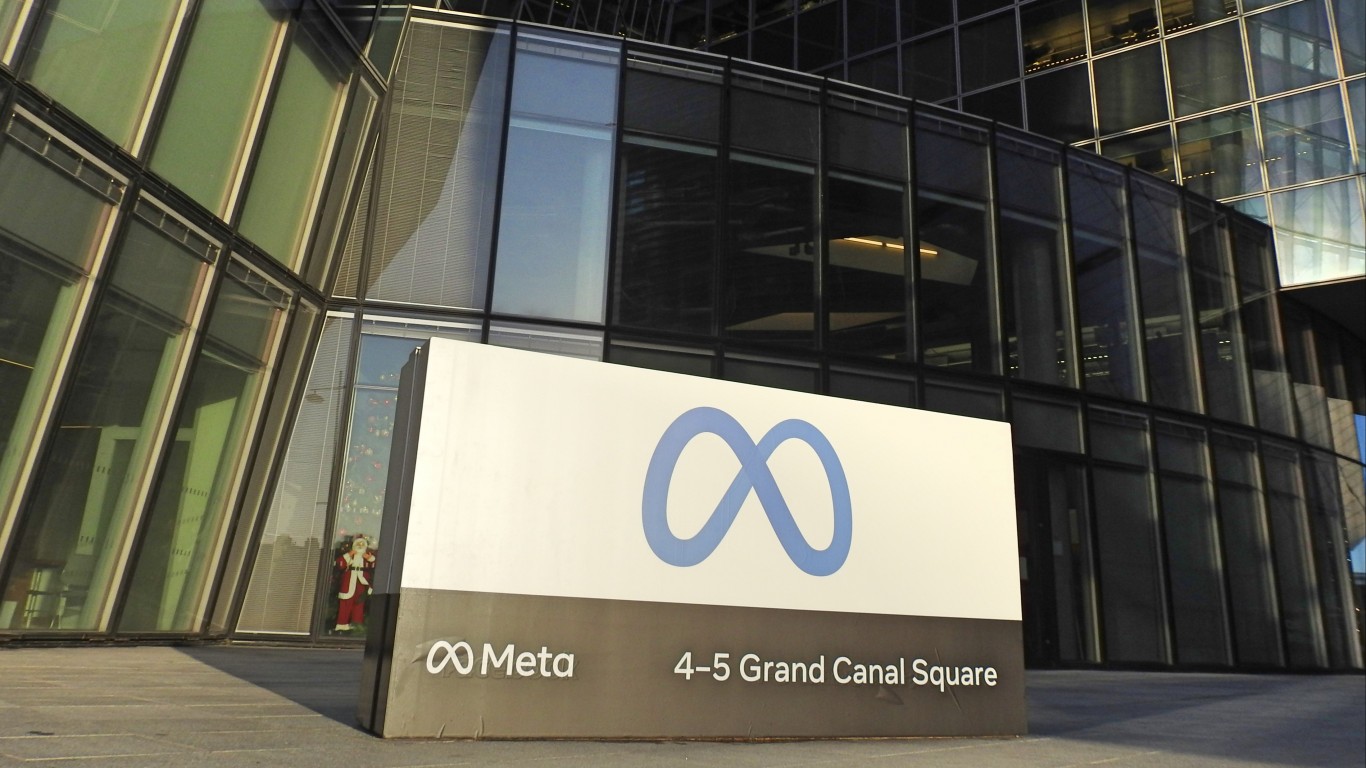
AquaVenture Holdings registered an amended S-1 form with the U.S. Securities and Exchange Commission (SEC) regarding its initial public offering. There were no terms given in the filing but the offering is valued up to $100 million, at times this number acts as just a placeholder. The company intends to list on the New York Stock Exchange (NYSE) under the symbol WAAS.
The underwriters for the offering are Citigroup, Deutsche Bank, RBC, Canaccord Genuity, and Raymond James.
The company is a multinational provider of Water-as-a-Service (WAAS) solutions that provide its customers with a reliable and cost-effective source of clean drinking and process water primarily under long-term contracts that minimize capital investment by the customer. AquaVenture believes its WAAS business model offers a differentiated value proposition that generates long-term customer relationships, recurring revenue, predictable cash flow and attractive rates of return. The company offers its solutions in North America, the Caribbean, Latin America and the Middle East.
In the filing the company described its platforms:
We deliver our WAAS solutions through two operating platforms: Seven Seas Water and Quench. Seven Seas Water is a multinational provider of desalination and wastewater treatment solutions, providing 7 billion gallons of potable, high purity industrial grade and ultra-pure water (which is water that is treated to meet the higher purity standards required for industrial, semiconductor, utility or pharmaceutical applications) per year to governmental, municipal, industrial and hospitality customers. Contracts under our Seven Seas Water platform typically have a term of 10 to 20 years. We acquired Quench in June 2014. Quench is a U.S.-based provider of Point-of-Use, or POU, filtered water systems and related services to more than 40,000 institutional and commercial customers, including more than half of the Fortune 500. In our Quench business, our current typical initial contract term is three years with an automatic renewal provision, and our unit attrition rates imply an average rental period of more than 10 years. We define “unit attrition rate” as a ratio, the numerator of which is the total number of removals of company-owned and billed rental units during the trailing 12-month period, and the denominator of which is the average number of company-owned and billed rental units during the same 12-month period.
For the fiscal year ended December 2014, AquaVenture generated revenues of $67.1 million, which represents a compounded annual growth rate (CAGR) of 34.4% from 2009 to 2014. At the end of August 2015, the company had 539 employees.
The company intends to use the net proceeds from the offering for working capital and other general corporate purposes.
ALSO READ: Laureate Education Gears Up for IPO
Thank you for reading! Have some feedback for us?
Contact the 24/7 Wall St. editorial team.



